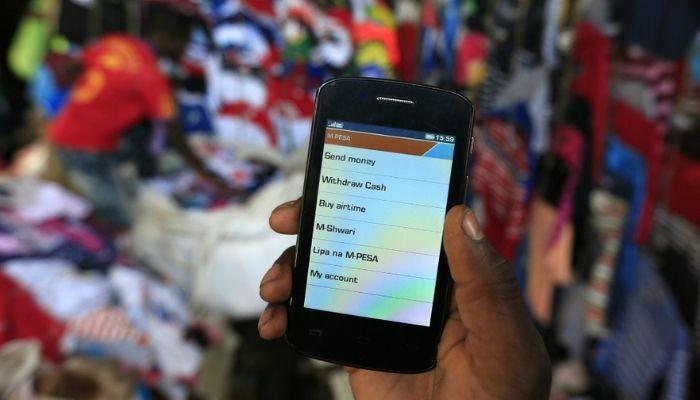Telecommunication operators have hinted that they may begin service shedding in 2025, leaving millions of subscribers disconnected.
The operators noted that this is important to ensure the survival of a sector grappling with worsening operating conditions. Operators made this submission through their umbrella body, the Association of Licensed Telecommunications Operators of Nigeria (ALTON), during a recent end-of-the-year stakeholder meeting.
According to operators, rising operational costs, skyrocketing energy costs, pressure of record high inflation, and volatile exchange rates have placed an unsustainable burden on them.
They noted that despite these mounting pressures, tariffs have remained stagnant, leaving operators unable to bear the rising financial obligations.
“The resources needed to maintain, expand, and modernise our networks are simply no longer available. Without intervention, the future of this sector is at grave risk,” Gbenga Adebayo, Chairman of ALTON said. “The telecom sector demands immediate and bold reform for its sustainability; our tariffs must be reviewed to reflect the economic realities of delivering telecom services at a minimum for industry sustainability. Without this, operators cannot continue to guarantee service availability.”
Read also: AI, AfCFTA, embedded finance to shape fintechs’ 2025 — Oturu
Adebayo explained that if nothing is done in 2025, operators will adopt service shedding, as they won’t be able to provide services in some areas and at some times of the day, leaving millions disconnected.
“There will be significant economic Fallout, because businesses will suffer from a lack of connectivity, stalling growth and innovation. There will also be national economic disruption where key sectors like security, commerce, healthcare, and education which rely heavily on telecom infrastructure, will face serious disruptions,” the chairman of ALTON added.
Earlier in 2024, telcos had hinted at service disruption due to load shedding, stating that they are becoming incapable of providing services as they used to. This call is coming amid plans by the Nigerian Communications Commission (NCC) to approve new tariffs after a decade of lobbying by operators due to harsh operating conditions.
In 2023, the sector grappled with foreign exchange losses, with MTN and Airtel recording a combined N1.29 trillion in FX losses. MTN reported a N514.93 billion loss for the nine months ending October 2024, despite a 33.7 percent growth in service revenue to N2.37 trillion. Similarly, Airtel’s revenue fell by 46.9 percent to $755 million during the same period. Operators have already reduced investments in the country, and according to key players, the sector is in crisis and only a tariff review can help it. Karl Toriola, CEO of MTN emphasised, “There should be no delusion; if the tariff doesn’t go up, we will shut down.”
